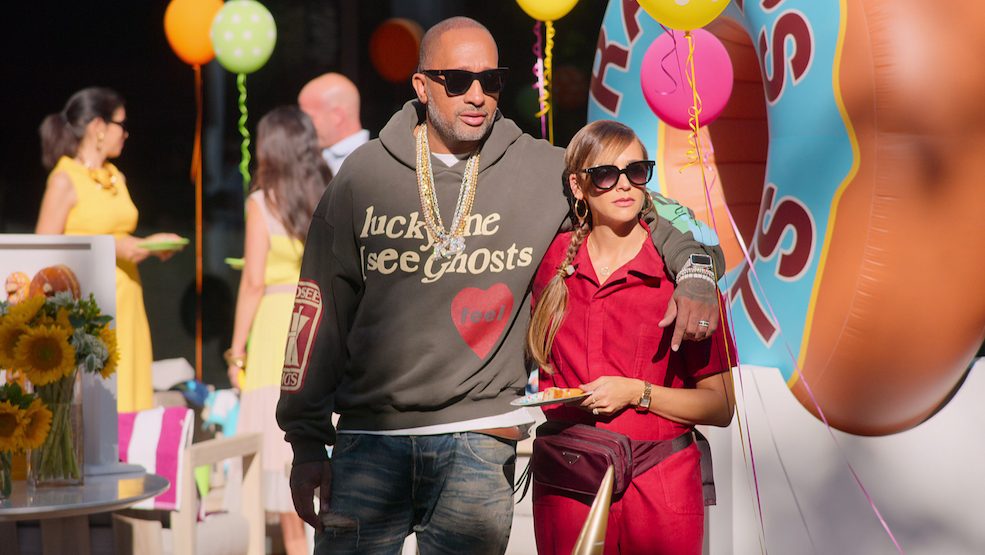theGrio’s ‘Dear Culture’ podcast debates Kenya Barris’ ‘#blackAF’
In episode 4, 'Dear Culture hosts explore the question, “What’s Really #BlackAF?”

Dear Culture’s fourth episode, “What’s Really #BlackAF?” probes into the question of Black representation in media with Hollywood royalty, Kenya Barris.
Though Barris is widely known for his autobiographical television shows, Black-ish and Mixed-ish, Barris has been a film veteran for years. Having co-created and produced, ANTM, The Game, Soul Food, and even writing for Girls Trip. His latest television venture, a Netflix deal estimated to be worth $100 million dollars, #blackAF has received countless amounts of criticism from Black audiences.
“It’s Black folks who are saying we don’t want this. We have to ask, why not,” says co-host and theGrio entertainment director Cortney Wills.
READ MORE: #SaltyAF: Has it become impossible to make Black audiences happy?
The tea on Blackness is that we, as Black peoples, will always have a never-ending amount of multiplicity in our perspectives, stories, and experiences. Facts are, we can’t ever be represented or perceived as a monolith. The issue Black audiences are having with #BlackAF is neither technical or new; the issue is representational and even ideological.
“The reality is that how many Black film creators get access to make television shows that just show non-racially ambiguous families or just full dark skin families?” said guest and theGrio contributor Ernest Owens.
Film, media, and nearly all industries “hand-pick’ which Black people get to tell what stories to the masses. For decades, Black stories in Hollywood have often been called into question for centering lighter skin — and for Barris the critique is no different.
“Colorism exists, but was not created by Black people,” says co-host and theGrio senior writer Blue Telusma.
https://www.instagram.com/p/B_VSaeEJ4HU/
Though many Black audiences can quickly point out how colorism and class come into play, supporters of #BlackAF argue that Barris is indeed speaking from his own perspective as an affluent Black man in Hollywood.
READ MORE: #blackAF review: The navel-gazing inception of Kenya Barris
Having left the restraints of cable network for streaming, Barris takes the same family story beloved by a mainstream audience and repackages it — all while sticking to his proverbial lane.
Though many Black audiences find another re-telling of Barris’ nuclear family to be redundant, many still find it original with “expert-level” maneuvering of racial dynamics in this country.
On Dear Culture, Barris tells theGrio that understanding and coping with slavery was a large element in creating #BlackAF.
READ MORE: #blackAF review: Kenya Barris is done appeasing the masses
“There’s never been an official apology from the country [for slavery]. It affects us everyday,” Barris said.
Mixed reviews, debate, and all, it’s clear that Barris meditates on the happenings of slavery and how it still affects the Black community today. #BlackAF is another intimate look into Barris’ mind-mapping of his own life in regards to family, class and race.
And like any piece of art, it will always be up for critique. Take a listen to the full debate below:
https://open.spotify.com/episode/6kzjPmeakob2uRdrGhGFaJ
Tune in to Dear Culture’s fourth episode, “What’s Really #BlackAF?,” now streaming on Apple Podcast, Spotify, and Stitcher.
